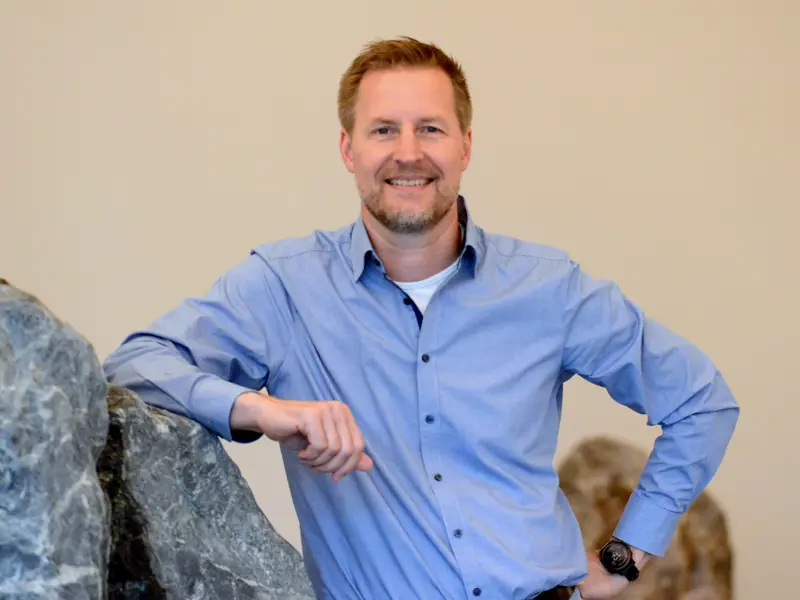International Industry Partnerships
Gerald Marunde, Project Development
Many industries are facing the challenge of having to sustainably reduce their carbon footprint. On the one hand, they do so to play their own role in reducing their impact on the environment, and on the other because carbon pricing will make their products noticeably more expensive in the medium term.
Companies in agriculture and the food industry also have a role to play here. And with this in mind, VORN Bioenergy promotes industrial partnerships for mutual benefits. The companies supply suitable residual materials and VORN Bioenergy uses them to produce biomethane, food-grade CO2 and fermentation residues, which in turn serve as fertiliser for agriculture – creating a true circular economy.
Gerald Marunde and his team at VORN Bioenergy continue to develop these industry partnerships.

Gerald Marunde on setting New Standards in Biomethane
A Q & A with VORN Bioenergy
"Why are these partnerships so important for both sides?"
Let's take the example of OET in Spain. The Andalusian olive growers – or the olive oil extraction industry – have large quantities of pomace that they need to dispose of. Until now, this pomace, which still contains some oil, has been dried and burnt. This requires fossil energy and has a clearly visible impact on the environment. We have entered into a cooperation with OELíCULA EL TEJAR, the largest processor of this pomace. Through this partnership, we take the pomace from them, build eleven industrial biogas plants in Andalusia and produce biomethane and food-grade CO2 from the pomace. The fermentation residue left over here is returned to the farmers as a valuable fertiliser, who then spread it on their plantations.
"What is special about this process?"
We have developed a process where we convert the pomace into biomethane on an industrial scale. Due to the high polyphenol content of the pomace, this requires special expertise, which we have at VORN Bioenergy. It is also important in this whole process that our partners can trust us to manage these operations on an industrial scale, as we are dealing with 40% of the entire olive pomace in Andalusia which is the largest olive-growing region in Spain.
"But surely it's not just about building and operating these plants - is it?"
Of course, that is a key aspect. But yes – there is a bit more to it than that. Eleven plants have to be planned and built with regional partners. And that requires a lot of capital with very high investments. We are also in a position to finance the construction of these plants, which is important for our industrial partners. In return, we then sign long-term supply contracts with which we secure the operation of the plants.
"So these partnerships are also an economic factor?"
Absolutely. We invest. The construction is carried out with local companies and we employ local staff for the operation. What's more, the short distances between the delivery of the pomace and the use of the fermentation residues as fertiliser in agriculture mean that there are only short transport routes, which also reduces the burden on the environment.
"Is olive pomace the only example or are there others?"
There are of course other areas of the food industry we work with. Wherever food is produced from plant products on an industrial scale, by-products are generated. Many of these still have to be dried using very high levels of fossil energy. Biogas production is a real option here. On the one hand, the industry saves primary energy and, on the other, produces large quantities of valuable biomethane, which can also be used for its own processes that cannot be easily electrified, ensuring a genuine circular economy.
